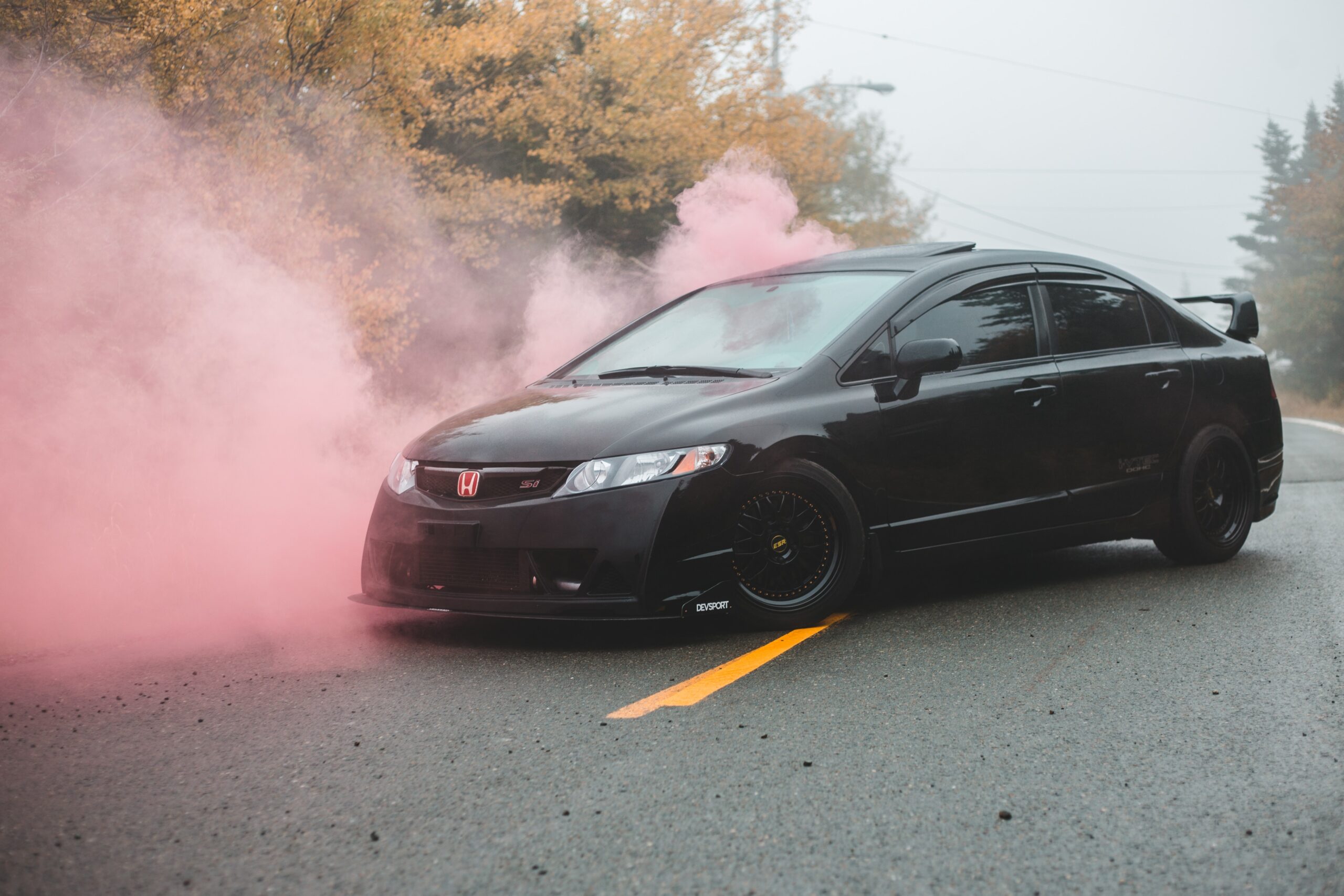Tinted car windows aren’t merely about aesthetics. They provide a myriad of advantages, ranging from UV protection to improved safety measures. But how much does it really cost? Let’s delve into the world of window tinting to find out.
How Much Does Window Tinting Cost?
The average window tinting cost ranges from $100 to $1,000, with many factors in play:
- Vehicle type: Fewer and simpler windows usually mean lower costs.
- Unique vehicles: Some models, like the Tesla Model 3, pose specific challenges and might cost more.
- Tint removal: Removing previous tints can be an added expense. If your vehicle needs a tint removal, an added cost of $200 to $500 may be levied.
- Tint material: The material type, like dyed or ceramic, directly affects the cost.
- Installer experience: Expertise often translates to higher charges but better quality.
- Brand of tint: Premium brands, like FormulaOne, command higher prices but offer superior performance.
Tinting Costs (4-door car)
This table will give you an idea of the expense involved in getting your car windows tinted. You can also check the cost of tinting individual parts and get an idea of the cost without the front and back windows.
| Vehicle/Part | Carbon Tint +UV | Ceramic Tint +UV | Advanced Ceramic Tint +UV |
|---|---|---|---|
| 4 Door Car | $350 | $450 | $550 |
| 4 Door Pickup | $400 | $500 | $600 |
| Small SUV / Wagon | $350 | $450 | $550 |
| Large SUV | $500 | $600 | $700 |
| Visor | $50 | $75 | $100 |
| Rear Windshield | $125 | $175 | $225 |
| Side Single Window | $50 | $75 | $100 |
| 2 Front Doors | $100 | $150 | $200 |
Note: The prices mentioned here are only indicative. We have Prices vary based on the material used, brand of tint, and other factors. Local regulations also play a role in determining the allowed darkness of the tint. You can check a more detailed guide on pricing here.
Types of Window Tinting
The cost of tinting varies depending on the type of tint you choose to get. The above table covers the cost of carbon and ceramic tints. There are five primary types:
- Dyed: Uses layers of dyed film to offer affordability but not maximum UV protection.
- Metalized: Contains metal particles for sunlight reflection and strengthens windows but can disrupt GPS signals.
- Hybrid: A combination of dyed and metal particles, offering quality without the shininess of pure metalized tints.
- Carbon: Provides excellent UV and heat-blocking capabilities at a premium price.
- Ceramic: The best in UV blocking, with a price tag to match, but offers unparalleled heat rejection and strength.
Why Tint Your Car Windows?
- UV protection: Up to 99% of the sun’s UV rays can be blocked, shielding you and the car’s interior.
- Interior preservation: The tint reduces the UV impact on the seats and dashboard, extending their lifespan.
- Safety: Tint film prevents shattered glass from scattering during accidents.
- Increased privacy: The tint ensures outsiders can’t easily peer inside.
- Enhanced comfort: A cooler car interior is achieved as the tint reduces sun glare.
- Improved gas mileage: Reduced AC usage due to the cooler interior leads to better fuel efficiency.
- Enhances the exterior: Beyond functionality, it gives your car a sleek look.
Conclusion
Window tinting is more than just a cosmetic upgrade. It’s an investment in your car’s lifespan, your comfort, and your safety. Understanding your needs and budget will guide you in making the right choice.
FAQs
1. How Does Window Tint Installation Work?
The process begins with cleaning and prepping the windows. A thin sheet of tinting film is precisely cut to fit, then applied with a bonding agent, and finally smoothed out to avoid wrinkles or bubbles.
2. Which Windows Are Usually Tinted?
Typically, all side windows, including the triangular ones, and the rear window are tinted. Sunroofs and windshields are usually left out.
3. Can I Tint My Car Windows Myself?
While DIY kits are available, professional installation is recommended due to the precision and expertise required.
4. What About State Laws Regarding Tints?
Each state has its own regulations concerning the darkness and type of tints allowed. Always consult local laws before tinting your vehicle.
5. Will Tinting Affect My Car’s Resale Value?
Tinting might impact resale value based on the buyer’s preference. Some may value the benefits, while others might not.
Amos Beaumont, who grew up in Asheville, North Carolina, has a real love for cars. Even though he didn’t go to college, his fascination with vehicles made him an authority on tinted windows. He runs a popular blog where this hip, self-educated hobbyist discusses the skill and advantages of tinting car windows.

